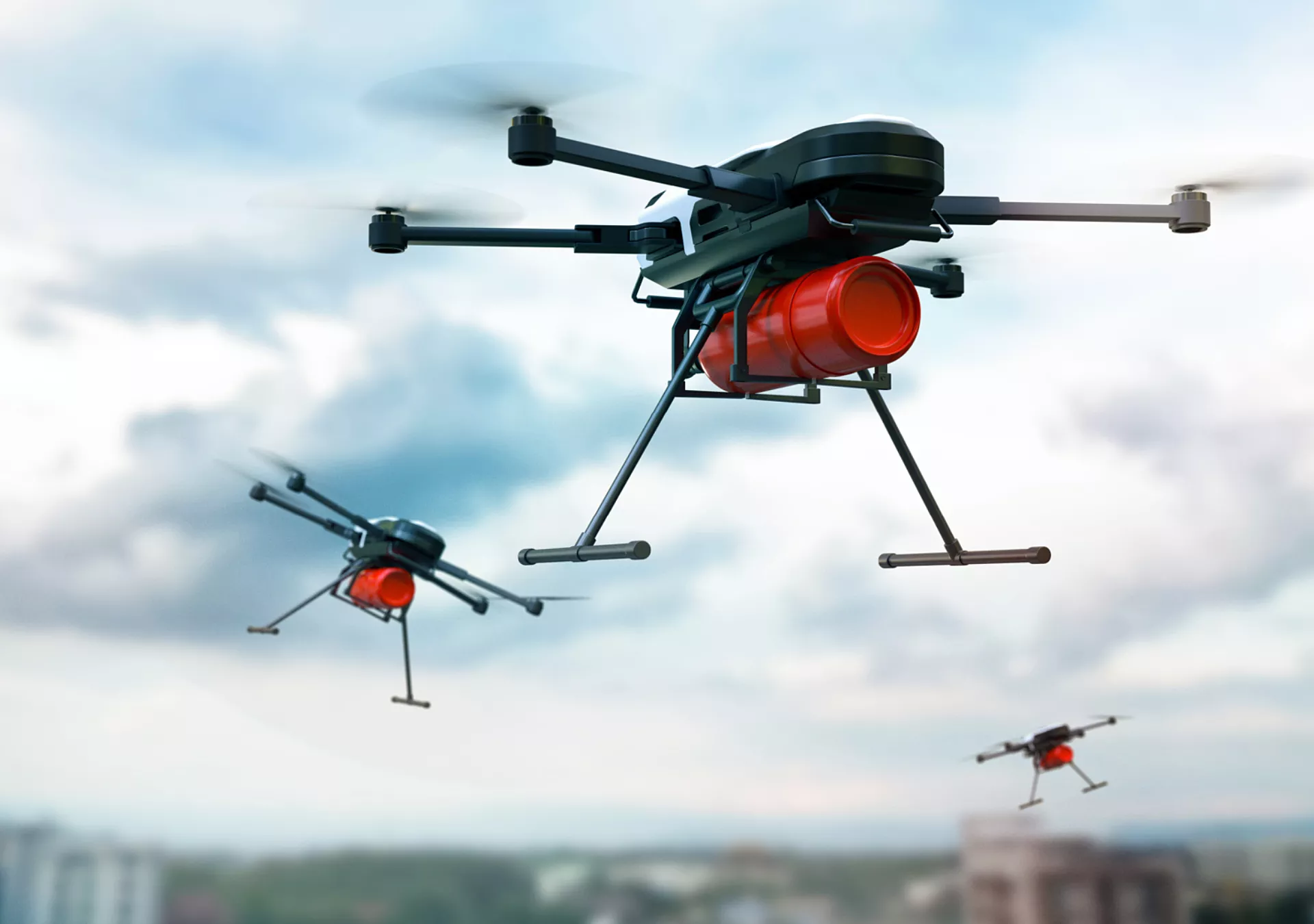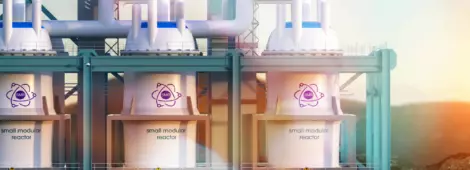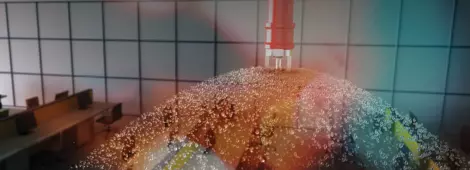
Drone Technology: A Game-Changer in Disaster Response + Insurance Claims
by Mike Moulden
As the Met Office continues to issue severe weather warnings across the UK, with an uptick in thunderstorms, flash floods and strong winds, the insurance industry faces mounting pressure to provide fast, accurate and safe claims assessments. In these turbulent times, drone technology has emerged as a game-changing solution for insurers and loss adjusters tasked with navigating increasingly complex claims.
Drone technology is transforming disaster response by enabling faster, safer and more accurate assessments in the aftermath of natural catastrophes. From flooding and wildfires to storm damage, drones provide real-time aerial data that supports rapid decision-making, ensures operational continuity and helps insurers respond more effectively to large-scale events. This technology minimises disruption for policyholders and delivers vital information to emergency services and insurers when it’s needed most.
Speeding Up Assessments
One of the most valuable features of drone technology is the ability to drastically reduce the time it takes to assess damage. In the aftermath of a severe weather event, every minute counts. Traditional, ground-based assessments may take days, particularly in flooded or inaccessible areas. With drones, insurers can capture high-resolution aerial imagery within hours. This enables faster triage of claims and speeds up the entire resolution process, getting help to those in need without delay.
Improving Accuracy
Beyond speed, drones are equipped with advanced sensors, thermal imaging and AI-powered analytics tools that provide a level of detail far superior to human observation alone. This high-fidelity data allows insurers to make informed, evidence-based decisions, reducing the risk of error or dispute in claims evaluation. With accurate imagery and data sets, both insurers and policyholders gain greater confidence in the assessment outcome.
Enhancing Safety
Storm damage, flooding and wildfires often create dangerous environments that put adjusters and emergency responders at risk. Drones can be deployed into these high-risk areas without endangering human life. Whether it is assessing the integrity of a collapsed roof, identifying fire damage patterns or capturing flood levels in real time, drones serve as “eyes in the sky," ensuring critical data is captured while keeping people safe on the ground.
Cost Efficiency
The operational efficiencies of using drones translate directly into reduced costs. Insurers save money by accelerating the claims process, minimising site visits and preventing potential disputes through more reliable data. These efficiencies reduce the overall lifecycle of claims and provide faster settlements, benefitting policyholders who are dealing with the stress of property loss or damage.
Beyond Assessment: Prevention + Insight
Drones are not just valuable after a disaster. They are increasingly being used for risk prevention and site monitoring. By mapping flood-prone zones or surveying wildfire risks, insurers can proactively identify vulnerabilities and offer risk mitigation advice to clients, reducing future losses.
In fire investigations, drones can be particularly revealing, capturing overhead imagery that highlights burn patterns, points of origin and spread dynamics that are not easily visible from the ground. This provides critical insight in forensic investigations and supports more thorough reporting.
A Lifeline for Insurers + Policyholders
From disaster response to risk prevention, drone technology is no longer a futuristic tool. It is a present-day lifeline. By empowering insurers to respond swiftly and precisely, drones are helping to restore peace of mind during some of life’s most difficult moments.
At Jensen Hughes, our UK-wide drone capability is playing a vital role in revolutionising how insurers respond to natural disasters, delivering significant benefits to both insurers and policyholders.
Reach out to our Forensics team to learn more about how drone technology can support your claims process:
Jensen Hughes Forensics Team

Michael is a Senior Investigator with extensive experience in forensic science and engineering, fire and crime scene investigations, mechanical trade both in the UK and internationally. Michael has been practicing full time as a fire…












